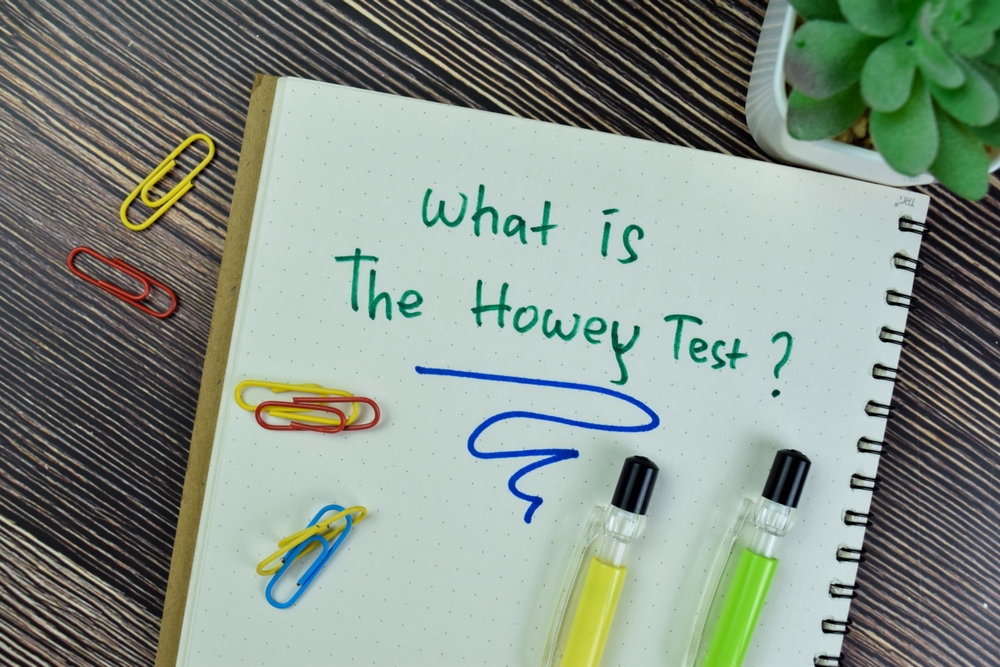With the Securities and Exchange Commission’s (SEC) legal battle against blockchain company Ripple almost coming to an end, it is important we discuss the Howey test, a tool used to differentiate security tokens from other investment contracts. This article will explain everything you need to know about the Howey Test.
Howey Test’s History and Its Importance
The SEC uses the Howey test to determine if a transaction qualifies as a security per the Securities Act of 1933. This legal framework came into existence in 1946 during a case between the agency and a company known as W.J. Howey.
Understanding the case is crucial in helping us know how the Howey Test was applied. Here is what happened:
W.J. Howey sold land parcels to several investors and then cultivated, planted, and sold citrus fruits on behalf of those investors, allocating them a percentage of the generated profits. The SEC would later deem the transaction between the company and investors a security.
In its argument, the SEC said the transaction was a security because it met the conditions below:
1. A common firm (W.J. Howey) was handling investor funds.
2. Investors expected profits from their arrangement with W.J. Howey
3. Profits were not self-derived but depended on W.J. Howey’s efforts to make substantial sales.
At the time, the Supreme Court was in agreement with the SEC. As a result, the Howey Test was sent to all United States regulators to use it in determining if an investment contract fulfilled the conditions stated in the framework. If it passed the Howey Test, the investment contract would be considered a security and was to be registered with relevant authorities.
Howey Test Application in the Crypto Industry
The crypto space comprises different types of tokens. Therefore the Howey Test may not apply to some. For example, suppose a token is sufficiently decentralized and is only used for transactions rather than raising funds through Initial Coin Offerings (ICOs). In that case, it may not fit the description of security, according to the Howey Test.
The SEC has deemed a number of cryptocurrencies as securities in recent years based on the Howey Test. According to the agency, any digital asset qualifies to be a security if:
1. It is offered as an ICO to raise funds
2. Its holders earn profits through engaging in liquidity mining.
3. Its sale is fueled by promoters.
4. Its governance is centralized.
Howey Test and Bitcoin
Here is how the Howey Test was used by former SEC chair Jay Clayton in 2018 to determine if Bitcoin was a security:
1. Clayton and his team found out that no common company was managing Bitcoin, meaning it was sufficiently decentralized.
2. Bitcoin holders expected profits from owning the coin.
3. Clayton did not discover any passive income generation play, such as staking. That’s because the Bitcoin blockchain uses the Proof-of-Work consensus mechanism.
According to Clayton, Bitcoin did not fulfill all the conditions in the Howey Test to consider the coin as security.
Howey Test and XRP
Here is how the SEC views Ripple’s XRP based on the Howey Test:
1. SEC believes XRP is centralized since it is managed by its issuer Ripple.
2. Investors buying the token are focused on making profits that depend on Ripple’s efforts.
3. The SEC claim XRP was initially offered as an ICO.
The agency argues that XRP fulfills the Howey Test’s conditions and, therefore, considers the token a security. However, the Court will deliver the final verdict regarding the matter in the coming days.
Ripple’s Argument
Ripple has constantly denied these allegations, and here are its arguments:
1. XRP has never been offered as an ICO, and it’s only used for transactions.
2. XRP is sufficiently decentralized, and Ripple should not be considered a common company.
Conclusion
While the Howey Test is essential in helping companies stay regulatory compliant, many crypto players believe this legal framework is only ideal for traditional financial investments. For this reason, they are calling for crypto-focused regulations.
